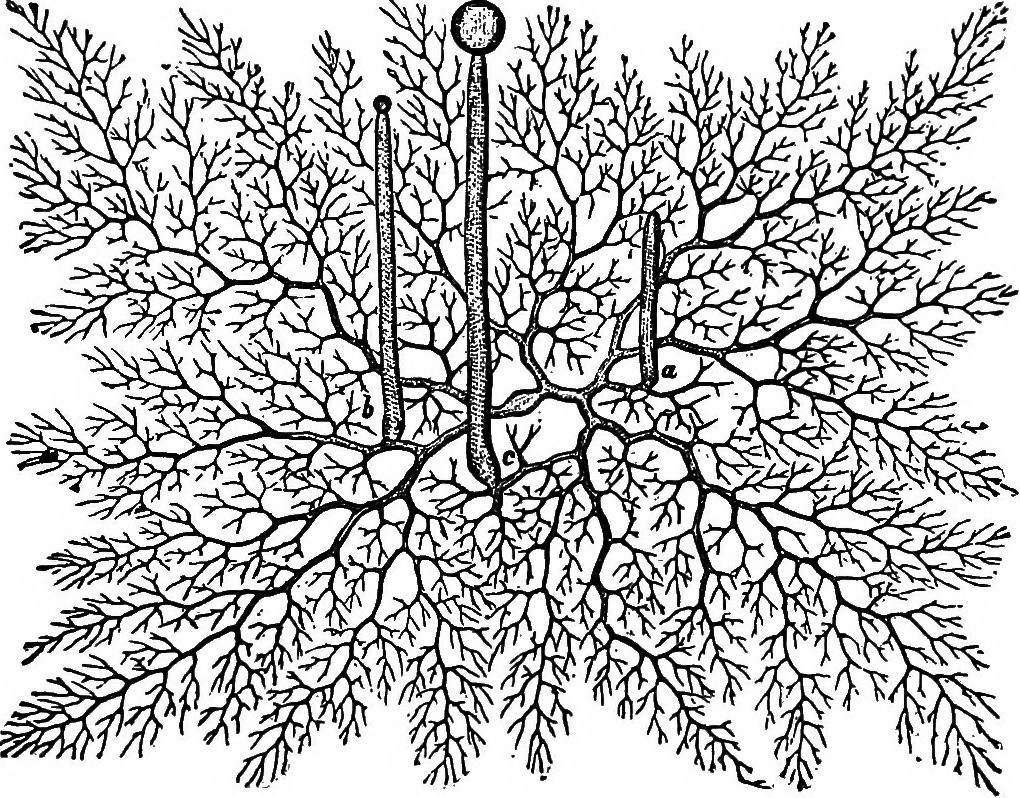I have read tons of articles and seen presentations about people making materials with mycelium. From mycelium bricks to mycelium fabrics. I want to understand the processes that allow this. That is, I want to learn the theory about how mycelium can be used to create materials and what properties those materials will have. What should I read?
I guess it should be possible to start by reading the patents I have seen, but they probably assume some knowledge. My background is mostly computational, so I have read up on systems biology, computational biology and mathematical biology. However, I don't know how much of that is relevant, so for the sake of this question, lets assume I am a complete beginner.
What is required to understand the patents in this field?

